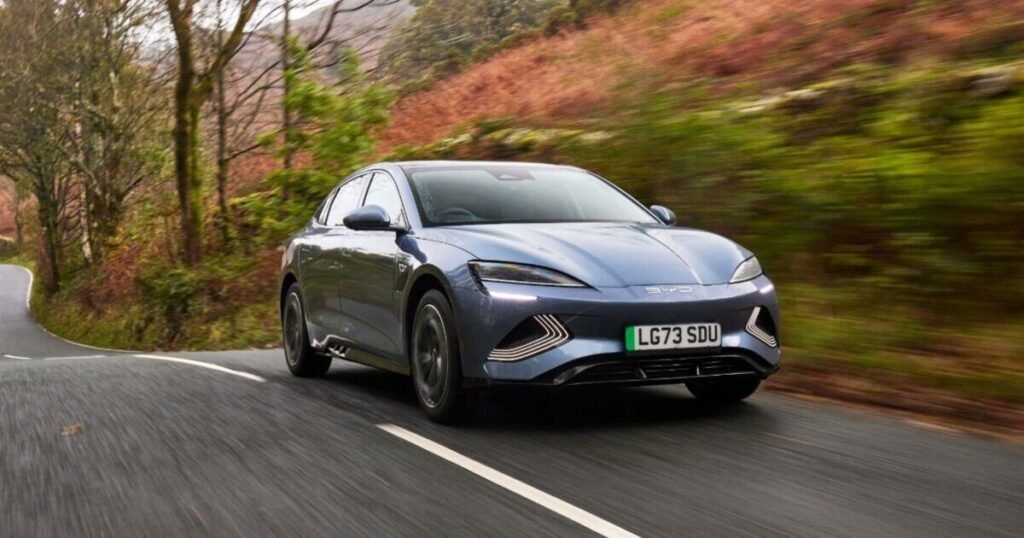Chinese electric cars are making headlines across the world. From sleek designs to competitive prices, they’ve quickly become a global trend. But behind the success stories of giants like BYD and Geely, there’s a hidden struggle many people don’t see: a cut-throat price war at home that’s pushing smaller EV brands to the edge of collapse.
Just like people question if packed milk is pure or mixed with chemicals, car buyers are now asking: are Chinese electric cars truly unstoppable, or is the industry cracking under its own pressure? Let’s dive into the reality.
Why Chinese Electric Cars Are Growing in Global Markets
China has become the largest electric vehicle market in the world. The government gave big subsidies, making it easier for carmakers to grow fast. Companies like BYD, Changan, Geely, and Chery are now exporting cars globally, even overtaking Japan as the top car exporter last year with nearly 6 million cars shipped abroad.
For buyers, the appeal is simple:
-
Lower prices compared to Western and Japanese EVs
-
Futuristic and modern designs
-
Advanced battery technology with longer driving ranges
-
Wide range of choices from budget to luxury EVs
No wonder people in Europe, Mexico, and Canada are starting to see more Chinese EVs on their roads.
The Cut-Throat Price War in China’s Electric Vehicle Industry
At home, however, things are very different. Hundreds of EV startups in China have already shut down because they couldn’t survive the intense competition.
Take Ji Yue, once seen as a rising star. Within six months, it collapsed, leaving investors and suppliers in debt. The reason? Larger players keep slashing prices to grab more customers, leaving smaller brands with no chance to survive.
Suppliers also complain they’re forced to sell parts below cost and wait months for payments. Even strong companies are struggling to stay profitable in this race to the bottom.
Government Efforts to Control the Chinese EV Market
The Chinese government has stepped in to prevent chaos in the electric vehicle market. Recent measures include:
-
Warning automakers not to trigger destructive price wars
-
Releasing new rules to shorten payment cycles for suppliers
-
Urging local governments to scale back subsidies and reduce overcapacity
President Xi Jinping has even called for cracking down on “chaotic, cut-throat competition.”
But here’s the challenge: cutting down excess capacity means potential job losses. Since China’s auto industry employs over 4.8 million people, shutting factories could create serious social unrest.
Impact of Chinese EV Price War on Global Buyers
For international customers, the story has two sides. On one hand, the competition among Chinese EV companies means cheaper, better cars for buyers around the world. On the other, the instability raises concerns: will all these brands last long, or will many disappear like Ji Yue?
Final Thoughts on the Future of Chinese Electric Cars
So, are Chinese electric cars taking over the world? Yes, but the journey is complicated. Global exports are booming, but the domestic market is bleeding due to price wars and overcapacity.
Only the strongest carmakers will survive. For now, Chinese EVs remain attractive because of their affordability and features, but long-term stability will depend on how well the industry controls competition and manages growth.
Read More: Best Affordable Family Cars Under 30 Lakhs


